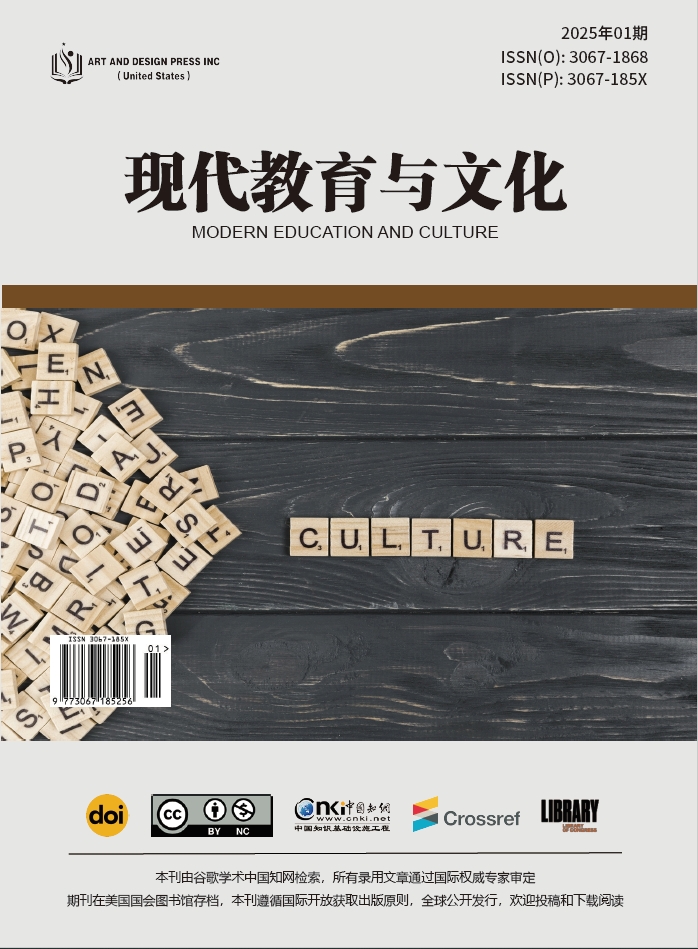Volume 1,Issue 1
Fall 2025
师范生音韵学素养与其未来教学能力之间的关系研究
本研究旨在探讨英语专业师范生的英语语音意识素养与其未来教学能力之间的关联,并据此为师范生分层、因地制宜的语音教学培训体系设计提供实证支持。采用混合方法,从三所师范院校招募约130名英语专业预备教师,收集其人口统计与语言背景(母语/方言、语音课程、实习经验)信息,并通过量化测评(包括语音辨识、IPA分析、发音错误诊断与语音活动设计能力)与质性访谈、微格教学观察,分析语音素养与教学自我效能、教学信念及策略选择的关系。结果显示,大多数师范生缺乏系统语音学训练与实习经验;方言背景增强了对相似辅音的听辨直觉,却未转化为IPA分析能力,且对处理方言干扰的教学信心较弱;修读语音或语言学课程和参与教学实习显著提升IPA技能与活动设计能力;受访者普遍认同语音意识对阅读与发音教学的重要性,但对方言干扰的应对信心不足,迫切需要方言敏感型教学设计、发音诊断与纠错策略以及解码训练融合的系统培训。基于此,建议将语音学/IPA模块前置于师范生课程,融入方言对比练习与真实课堂或模拟实训,构建分层化、持续性的培训框架,以强化其发音示范、错误诊断与教学设计能力,从而在多方言和农村背景下提升英语教学公平性与有效性。
[1]Anthony, J. L., Williams, J. M., McDonald, R., & Francis, D. J. (2007). Phonological processing and emergent literacy in younger and older preschool children.Annals of
dyslexia,57, 113-137.
[2]Abubakir, H., & Alshaboul, Y. (2023). Unravelling EFL teachers' mastery of TPACK: Technological pedagogical and content knowledge in writing classes.Heliyon,9(6).
[3]Borg, S. (2006). Teacher Cognition and Language Education: Research and Practice. London: Bloomsbury Academic.
[4]Chard, D. J., & Dickson, S. V. (1999). Phonological awareness: Instructional guidelines. Intervention in School and Clinic, 34 (5), 261–270.
[5]Kirkpatrick, A. (2010). English as a lingua franca in ASEAN: A multilingual model (Vol. 1). Hong Kong University Press.
[6]Li, B., & Jia, Y. (2018, November). An empirical study of English vowels acquisition of EFL learners in Tianjin and Zibo. In 2018 11th International Symposium on Chinese
Spoken Language Processing (ISCSLP) (pp. 106-110). IEEE.
[7]Luo, M., Main, S., Lock, G., Joshi, R. M., & Zhong, C. (2019). Exploring Chinese EFL teachers’ knowledge and beliefs relating to the teaching of English reading in public
primary schools. Dyslexia, 26(3), 266–285.
[8]Teplitz, J. (2018). Developing Pedagogical Content Knowledge and Strengthening Phonological Representations Among EFL Teacher Trainees. In ERD 2017: Education,
Reflection, Development (pp. 560–570). European Proceedings. https://doi.org/10.15405/epsbs.2018.06.86
[9]Tschannen-Moran, M., & Hoy, A. W. (2001). Teacher efficacy: Capturing an elusive construct.Teaching and teacher education,17(7), 783-805.
[10]Vygotsky, L. S. (1978).Mind in Society: The Development of Higher Psychological Processes. Harvard University Press.
[11]傅冰玲.农村小学英语教师专业素质调查.广东石油化工学院学报, 2017.(2), 45–51.
[12]夏宁满.湘西苗语区英语学习者元音习得研究.现代语言学,2024.12 (3), 1–7.
[13]杨伟、刘蓉.苗族学生英语元音音位习得研究.外语教学,2010.31(4), 56–60.
[14]赵淳, 随文斌. (2020). 单元知识结构的小学英语语音教学. 江苏教育, (9), 24–28.

